At the roundtable, Arpad Parducz from the Migration Research Institute, along with Anna Orosz and Csaba Stefan, researchers from the Hungarian Institute of International Affairs, and Agnes Vass, HIIA's director of research, explored critical aspects of the issue, such as shifts in migrant numbers, Hungary’s potential role in finding solutions, and the situation of Western Balkan countries.
The latest focus on migration follows two open letters: one addressing deportation issues and the other, from this spring, concentrating on the outsourcing of migration procedures, Arpad Parducz explained.
Migration statistics are deceptive, Csaba Stefan remarked. We are not dealing with a crisis that has a clear beginning and end, but rather with an international trend marked by periods of varying levels in their intensity. As tensions in the Middle East threaten to escalate and more EU member states consider opting out of the migration pact, the external dimension of finding solutions - such as Italy's recent agreement with Albania - has gained momentum.
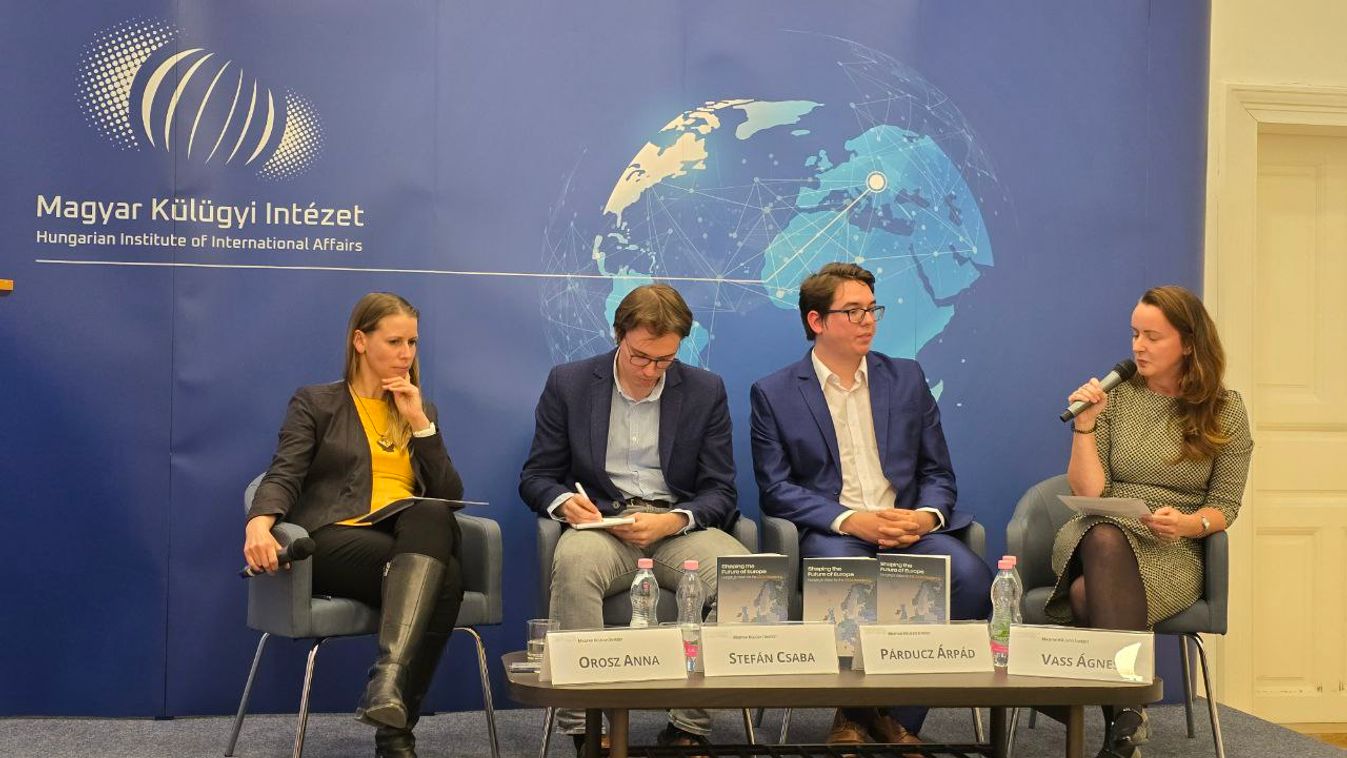






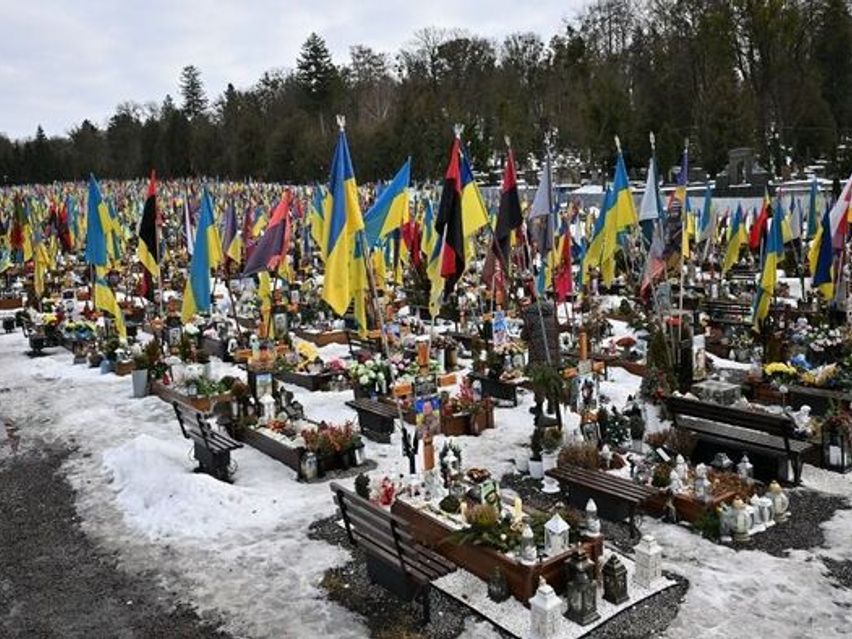

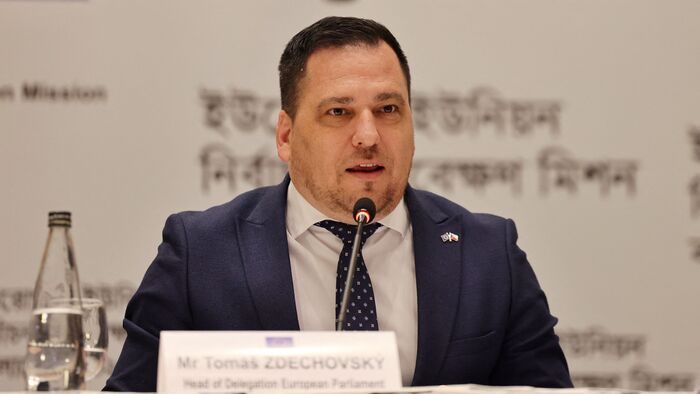


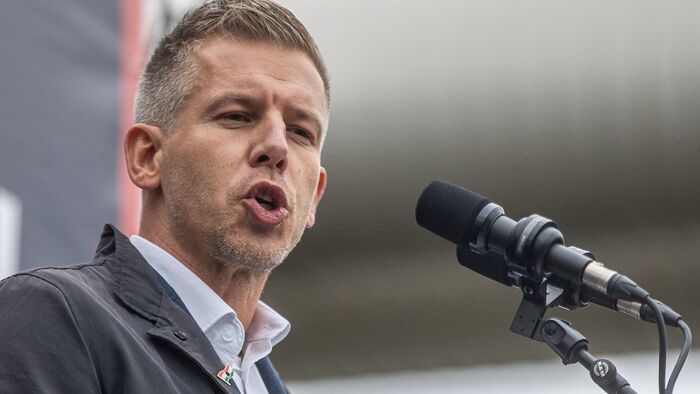

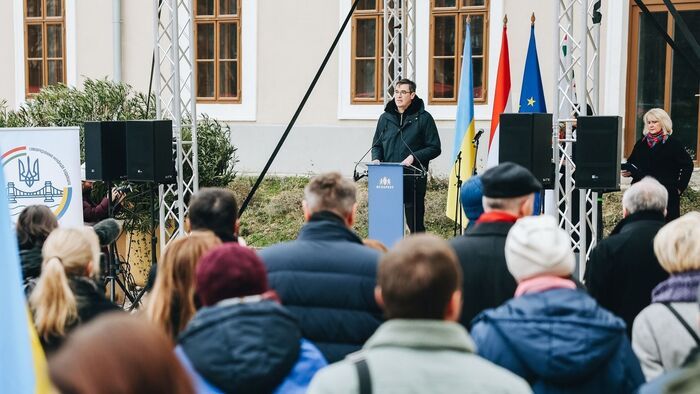
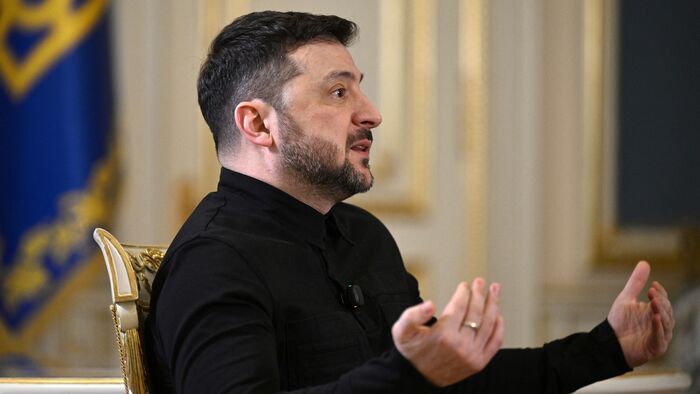







Szóljon hozzá!
Jelenleg csak a hozzászólások egy kis részét látja. Hozzászóláshoz és a további kommentek megtekintéséhez lépjen be, vagy regisztráljon!